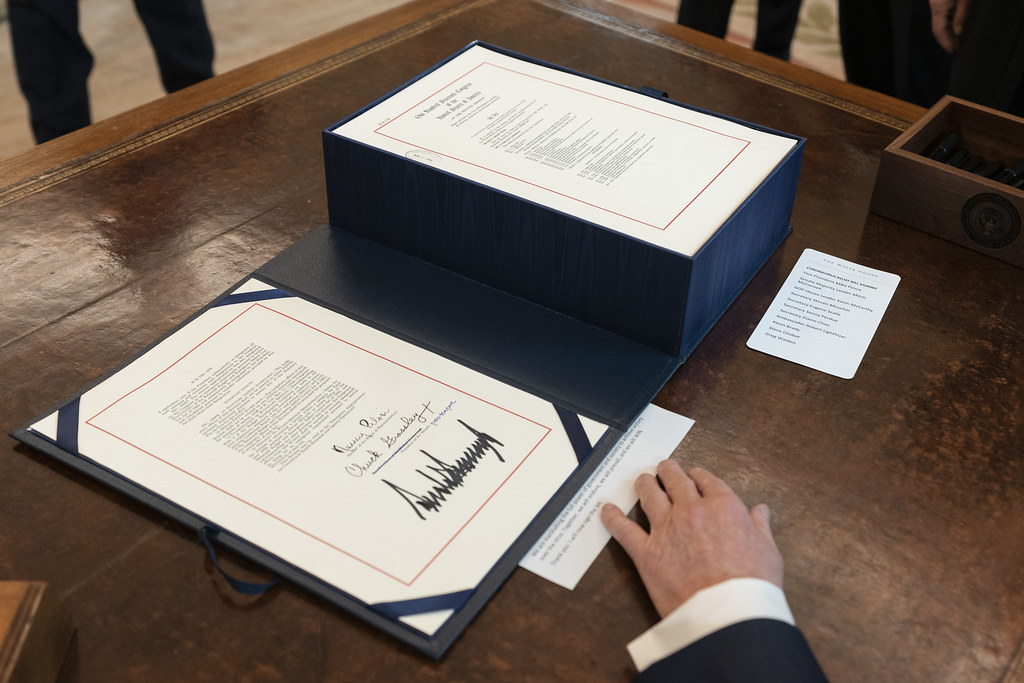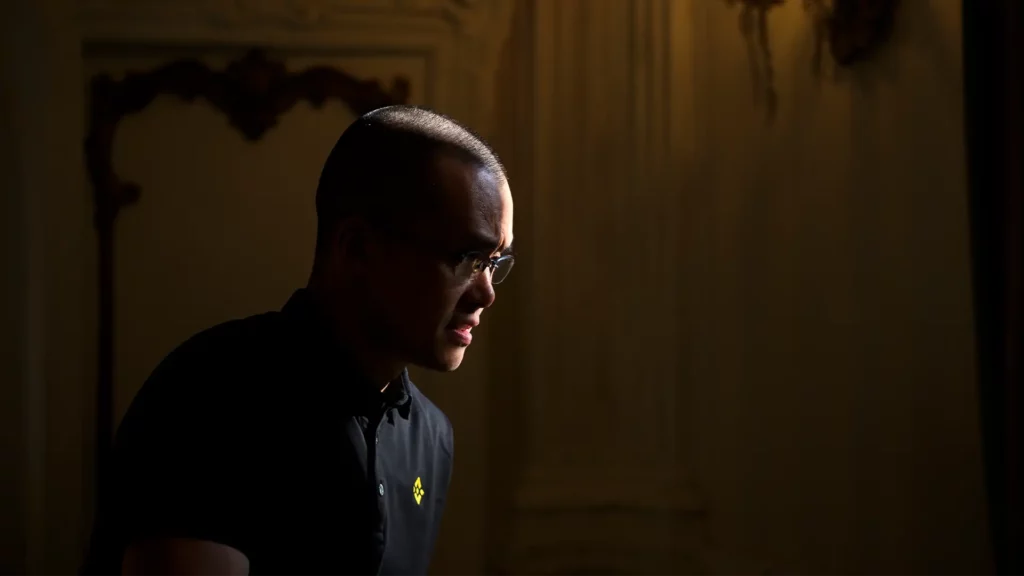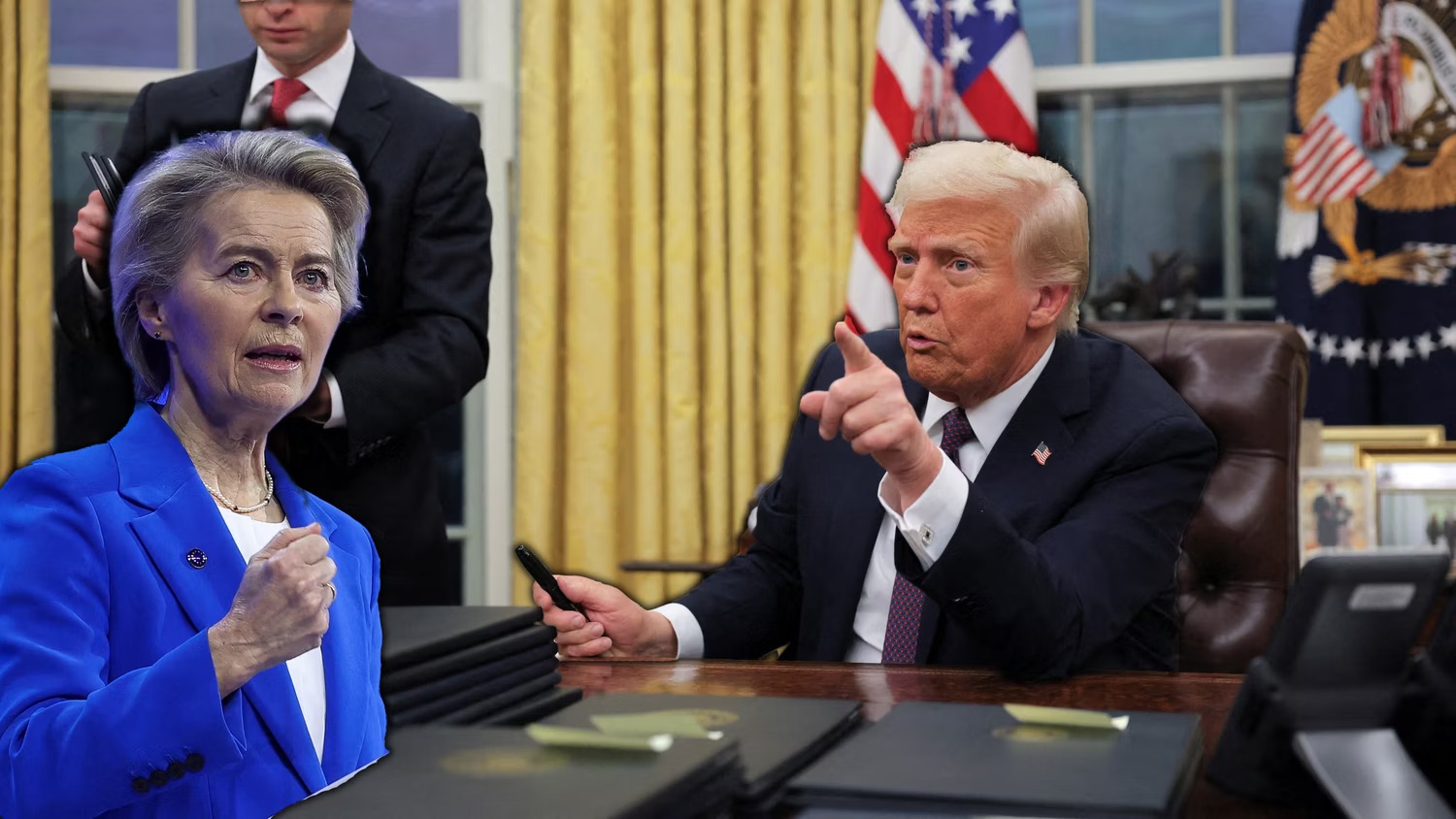In a significant development within the cryptocurrency legal landscape, U.S. prosecutors have recommended a 36-month prison sentence for Binance founder Changpeng “CZ” Zhao. This recommendation was detailed in a court filing submitted on April 23 to the U.S. District Court for the Western District of Washington.
Background and Legal Proceedings
Changpeng Zhao, the prominent figure behind Binance, the world’s largest cryptocurrency exchange by trading volume, pleaded guilty to charges related to violations of U.S. anti-money laundering regulations. Following his admission, Zhao resigned from his position as CEO of Binance in November 2023. This guilty plea was part of a broader settlement that also involved Binance paying substantial fines to U.S. authorities.
The prosecutors’ filing argues that Zhao’s deliberate disregard for U.S. laws justifies a sentence exceeding the typical guidelines, which suggest a maximum of 18 months for such offenses. The prosecutors emphasized that the proposed 36-month sentence, coupled with a $50 million fine imposed directly on Zhao, aligns with the necessary legal factors under 18 U.S.C. § 3553(a) to achieve the objectives of sentencing.
Financial Penalties and Bond Details
Zhao’s legal troubles have led to significant financial repercussions. Apart from the personal fine, under the terms of the settlement, Binance agreed to a whopping $4.3 billion fine to resolve the criminal charges, allowing the company to continue its operations under U.S. regulations. Zhao has been on conditional release in the U.S. after posting a $175 million bond.
Despite stepping down from his role at Binance, Zhao continues to engage actively in the cryptocurrency sector. He recently launched an educational initiative called Giggle Academy, aimed at introducing young children to the basics of cryptocurrency and blockchain technology. This initiative marks a shift in Zhao’s focus towards education, devoid of new cryptocurrency offerings.
Future Implications and Industry Impact
The legal outcome of Zhao’s case could set a precedent for how U.S. authorities handle violations of financial regulations by major players in the cryptocurrency industry. It underscores the increasing scrutiny and regulatory pressure facing the sector, especially concerning compliance with stringent anti-money laundering standards.
The crypto community and stakeholders are closely monitoring the proceedings, given their potential to influence regulatory approaches and market dynamics significantly. The sentencing, scheduled for April 30, is highly anticipated, with potential ramifications for both Zhao and the broader crypto landscape.
The case against Changpeng Zhao highlights the growing intersection between cryptocurrency operations and regulatory compliance. As the industry continues to mature, the outcomes of such legal battles will likely shape the regulatory framework and operational standards for other market participants.










